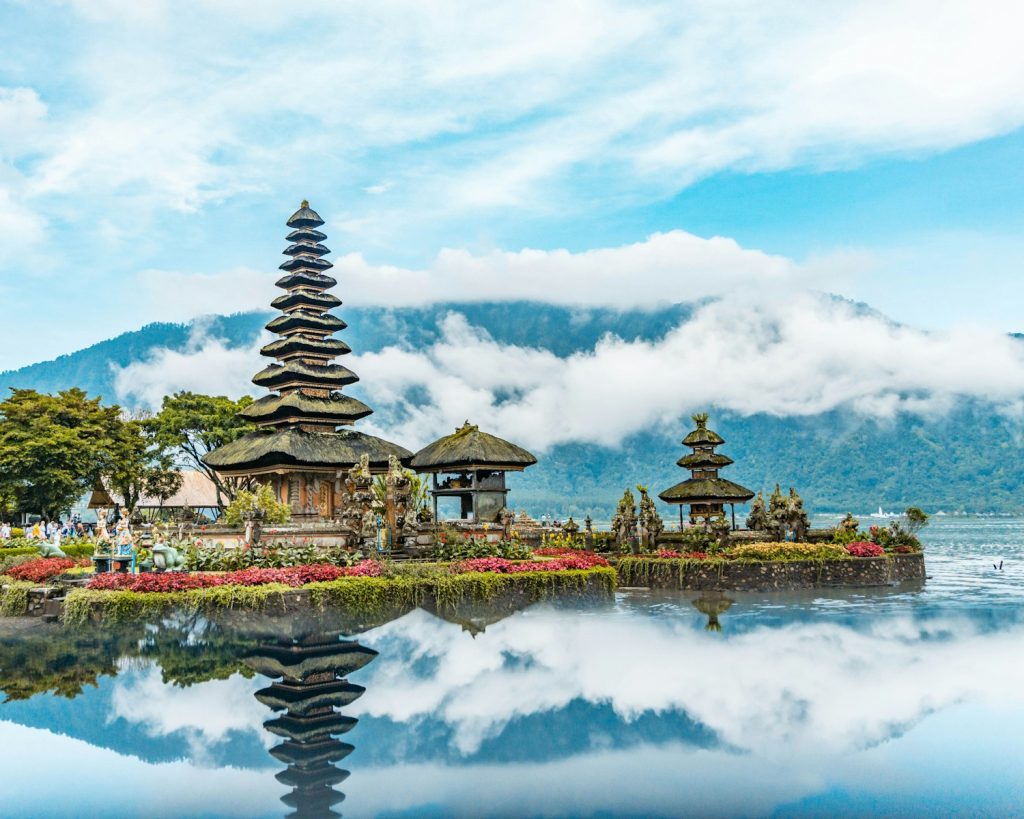How to Choose the Perfect Location for Your Destination Wedding?

Planning your dream destination wedding is an exciting journey, but it comes with its own set of challenges. Choosing the perfect location is crucial for a memorable and seamless experience, as the place you select will set the tone for your entire celebration. Let’s dive deeper into the essential considerations and explore practical strategies to help you make an informed decision. Think about the season and weather of your preferred destination, as these factors can greatly impact your wedding day. Popular locations often have peak tourist seasons, which can affect both availability and pricing. For instance, a beach wedding in the Caribbean might be ideal in the winter months when the weather is mild and pleasant, but it could also be the busiest time of year. On the other hand, choosing a less popular time might offer more availability and lower costs but with the risk of unpredictable weather.
Understanding Local Marriage Requirements
Before you get too attached to a specific location, it’s wise to research the local marriage requirements and legalities to ensure a smooth process. Each destination has its own set of rules regarding documentation, residency requirements, and waiting periods. For example, France requires a 40-day residency prior to the ceremony, which might not be feasible for everyone. Meanwhile, Italy has more lenient rules, often requiring just a few days for paperwork. Consulting with a local expert or wedding planner can save you from potential headaches.
Accessibility and Accommodations
Accessibility is key when selecting a destination for your wedding. Consider the ease of travel for you and your guests, as well as the availability of accommodations in the area. An easily accessible location can make all the difference in attendance rates and overall guest satisfaction. For instance, a European destination with a major airport nearby is generally more convenient than a remote island requiring multiple flights and boat transfers.
Accommodations are another crucial aspect. Opt for a location that offers a variety of lodging options to suit the preferences and budgets of all attendees. This might include everything from luxury resorts to budget-friendly hotels or even rental homes for families or groups traveling together. Providing a range of choices ensures that everyone can find something comfortable within their budget, contributing to a stress-free experience for your guests.
Exploring Unique Venues
When selecting your wedding venue, think outside the box and look for unique settings that align with your vision. Consider options like vineyards, castles, beaches, or even mountaintops. Each location offers its own unique charm and ambiance. For instance, a vineyard in Tuscany can provide a rustic, romantic setting with stunning natural backdrops, while a beach in Bali might offer a relaxed, tropical vibe.
Ensure that the venue can accommodate your desired guest count and provides the ambiance you desire. It’s also important to consider logistical aspects like accessibility for vendors, availability of on-site facilities, and any restrictions on decor or noise levels. Visiting potential venues in person, if possible, can give you a better feel for the space and help you envision your big day.
Budget Considerations
While planning a destination wedding can be exciting, it’s essential to keep your budget constraints in mind. Factor in costs such as travel expenses, accommodations, venue fees, and vendor fees when selecting a location. It’s easy to get carried away with the allure of a beautiful destination, but staying within your budget is crucial to avoid financial stress.
Look for destinations that offer value for money without sacrificing your dream wedding experience. For example, some countries provide all-inclusive wedding packages that include venue, catering, and even photography, which can be more cost-effective than hiring each vendor separately. Thailand, for instance, is known for offering luxurious yet affordable wedding packages compared to more traditional Western destinations.
Immersing in Local Culture and Cuisine
One of the joys of a destination wedding is the opportunity to immerse yourself in the local culture and cuisine of your chosen destination. Incorporating elements of the region’s traditions and flavors into your wedding day can create a unique and unforgettable celebration. Whether it’s a traditional Hawaiian luau or a French Provençal menu, these local touches add authenticity and charm to your event.
Consider hiring local vendors who can bring an authentic touch to your event. A local florist will know the seasonal blooms available, and a regional chef can craft a menu that showcases local specialties. This not only enriches your wedding experience but also supports the local economy.
The Role of a Wedding Planner
Consulting with a wedding planner who specializes in destination weddings can alleviate stress and ensure a seamless planning process. They can provide insights on ideal locations based on your preferences, budget, and vision, as well as handle logistics and coordination with local vendors. A planner’s expertise can be invaluable, especially when navigating language barriers and cultural differences.
Many planners offer comprehensive packages that include site visits, vendor negotiations, and day-of coordination. This allows you to focus on enjoying your engagement and the lead-up to your wedding without getting bogged down in the details.
Additional Considerations
Guest Experience
When planning a destination wedding, your guests’ experience is just as important as your own. Consider organizing group activities or excursions to help your guests make the most of their trip. This might include a guided tour of the local area, a group dinner at a traditional restaurant, or a day trip to a nearby attraction. These activities can also serve as wonderful opportunities for your guests to bond and enjoy the destination together.
Communication and Invitations
Clear communication is essential when planning a destination wedding. From save-the-dates to detailed itineraries, keeping your guests informed at every step ensures smooth planning. Consider creating a wedding website to centralize all necessary information, such as travel tips, accommodation options, and the itinerary of wedding events. This can be especially helpful for guests unfamiliar with the destination.
Legal and Insurance Considerations
In addition to understanding local marriage requirements, it’s wise to consider insurance options to protect your investment. Travel insurance for you and your guests can cover unexpected events such as flight cancellations or medical emergencies. Wedding insurance can also be useful to safeguard against unforeseen issues that might arise, such as vendor no-shows or weather disruptions.
Real Examples and Case Studies
Case Study: A Wedding in Santorini
Emma and Liam chose Santorini for their destination wedding, drawn to its stunning sunsets and iconic white-washed architecture. They faced challenges due to the island’s popularity, such as high accommodation costs and limited venue availability. However, by opting for a weekday ceremony and booking a year in advance, they secured their dream venue overlooking the caldera. Their planner helped them incorporate Greek traditions, such as a local band and a meze-style dinner, creating an authentic and memorable experience.
Case Study: A Mountain Wedding in Colorado
Jessica and Mark wanted a unique setting that reflected their love for the outdoors. They chose a ski resort in Colorado, which offered stunning mountain vistas and year-round activities. The off-peak season provided them with significant discounts on venues and accommodations. By hosting their wedding in the autumn, they treated their guests to beautiful fall foliage and incorporated local elements like a hot cocoa bar and a cozy lodge reception.
Final Thoughts
Choosing the perfect location for your destination wedding requires thorough research, careful consideration, and expert guidance. By taking into account factors such as accessibility, accommodations, venue options, budget, local culture, and the assistance of a wedding planner, you can ensure that your special day is truly unforgettable. Remember, the journey is just as important as the destination, so enjoy every moment of this exciting adventure.

